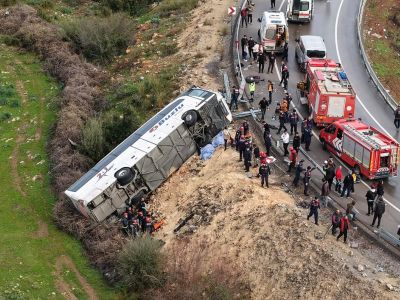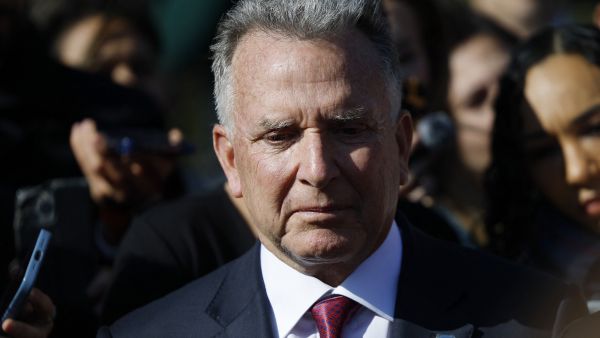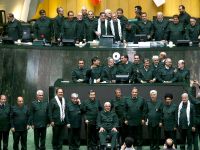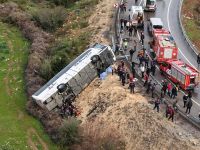ALBAWABA - The ceasefire deal between Israel and Hamas is still in place, according to U.S. Special Envoy to the Middle East Steven Witkoff, who also affirmed that the second round of discussions would go forward as scheduled.
Witkoff told Fox News that he spoke with Egyptian intelligence director Hassan Rashad, Qatari Prime Minister Sheikh Mohammed bin Abdulrahman Al Thani, and Israeli Prime Minister Benjamin Netanyahu earlier today. He said that discussions with regional authorities are still continuing on to choose a location for this week's sessions.
Witkoff characterized his discussions as fruitful, highlighting the fact that phase two would be much more complicated than phase one. Ending the conflict, preventing Hamas from ruling Gaza, and easing its disengagement from the enclave will be the main topics of the next talks.
In order to provide a clear route toward successfully completing the second phase, the envoy said that the negotiations will arrange the following stages in a manner that aligns the viewpoints of both sides.
Hamas, meanwhile, released a forceful statement in which it charged Israel of violating the ceasefire agreement, especially with respect to humanitarian obligations.
The organization called for international mediators to step in and said that Israel's reluctance to let heavy equipment and mobile homes into Gaza violates the conditions of the agreement. Additionally, Hamas accused Netanyahu of purposefully blocking the second phase, saying that he is postponing talks in order to set the stage for fresh fighting.
Commencing on January 19, 2025, the ceasefire agreement describes a 42-day first phase that includes prisoner swaps, humanitarian assistance supplies, and organized negotiations for further stages mediated by the United States, Egypt, and Qatar.
Phase two discussions were scheduled to start on February 3 in accordance with the conditions that were agreed upon. However, after a meeting with U.S. President Donald Trump on February 4, Netanyahu decided to send a technical team without decision-making power instead of sending an official delegation.












